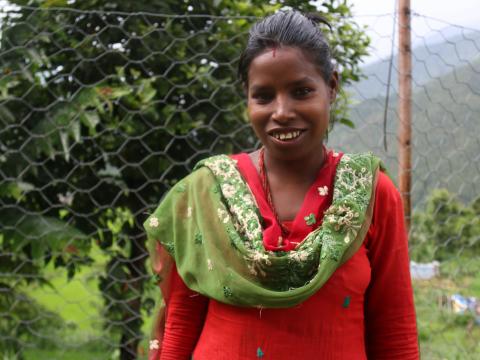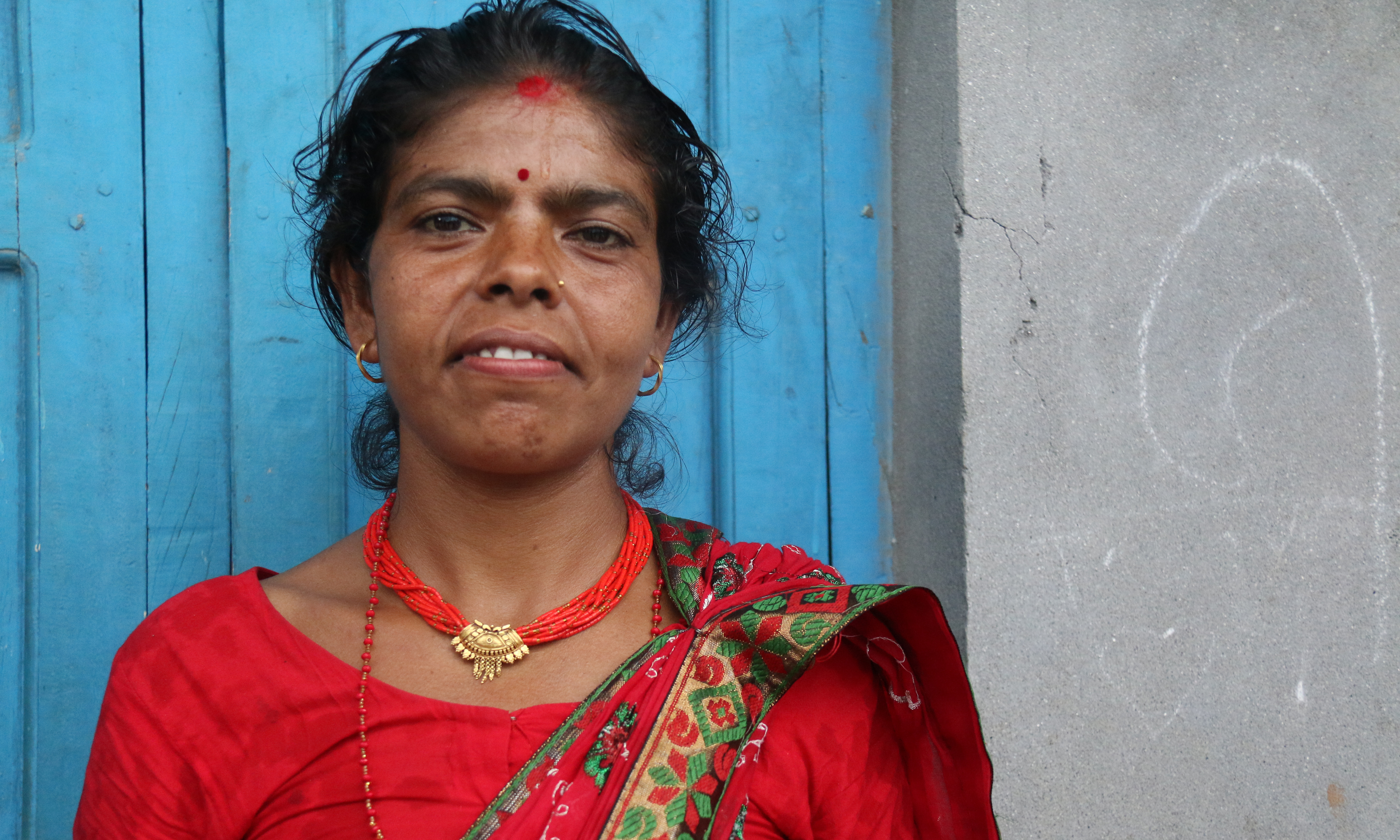Outreach clinics complement health service in rural Nepal

After an emergency, women and children are usually the most vulnerable and more so in the case of pregnant or lactating mothers, and infants. A lack of nutritious food, substandard hygiene, not having a safe place to stay after the disaster, and lack of information are likely to be serious concerns if such issues are not addressed properly.
To mitigate these challenges and to support women at risk after the earthquake World Vision established Women, Adolescent and Young Child Spaces (WAYCS), in the worst hit districts of Nepal.
WAYCS is a concept meant for Out Reach Clinics (ORC) to enable them to offer basic health services in rural communities that are far from health post or hospitals. World Vision's concern to ensure the wellbeing of children and their families has led to the development of the WAYCS model, which caters for pregnant and lactating mothers, women of reproductive age, children up to 59 months, and their families.
Masali, 25, is a mother who regularly attends the WAYCS sessions closest to her community in Sindhupalchowk. Even though she comes with her second child, this session has served as an opportunity to her to learn many useful things to rear her newborn. She has now become more conscious of the importance of maintaining hygiene and nutrition of her children.
"I was not aware of the need for proper nutrition and of the ways to prepare nutritious food when my first child was born. I used to feed him anything that was available. Sometimes even kholay (local flour soup)and sisnu (nettle greens)," says Masali.
Masali started to attend WAYCS sessions when she was pregnant with her second child. There, she learnt how to provide nutritious food to her child from the food and vegetable supplement that can easily be prepared at home. Her son is soon to turn one and he is quite healthy.
For Ambika, a Female Community Health Volunteer (FCHV) and a WAYCS session facilitator, it is quite rewarding to witness this transformation in Masali who was quite ignorant earlier. Mentioning the change in her behaviour she says, "She is now careful about the hygiene and food habit of herself and her children. It's the outcome of WAYCS sessions."
"The increasing number of women opting for antenatal check-ups and institutional delivery is another significant change that this community has seen after the inception of WAYCS," says Him Laxmi, another FCHV.
"Mothers-in-law who were skeptical about the need for regular check-ups and institutional delivery earlier are now urging their daughters-in-law to go for regular medical care as well as to attend WAYCS sessions," says Him Laxmi. "The incidence of open defecation has also reduced remarkably and mothers are more careful about their child's health and nutrition."
Masali herself went for regular medical check-ups and institutional delivery for her second child, unlike the first one. "My second baby is much healthier." she says.
To strengthen the quality of sessions facilitated in ORC and the capacity of FCHVs, World Vision also provided training in first aid, Water, Sanitation and Hygiene (WASH), counselling techniques, Disaster Risk Reduction (DRR), institutional delivery, antenatal and prenatal care etc. Learning is shared with the mothers’ group in the monthly meeting and to the counsellors who visit door-to-door to educate 1,000 days mothers about lactation, vaccination, and signs to watch for in pregnant women and infants.
To date, more than 40 ORCs have been established in different Village Development Committees (VDCs) in Gorkha, Dolakha, Dhading, Nuwakot, and Sindhupalchowk. 31 new ORC buildings are being built to provide a permanent space.
Sanjay Nidhi, the Acting Manager of Health in World Vision, says that, following this campaign, ORCs have had a positive impact on the health and nutritional status of children and pregnant women. "Government can also use this space later to implement regular immunisation, growth monitoring, antenatal and postnatal clinics."
